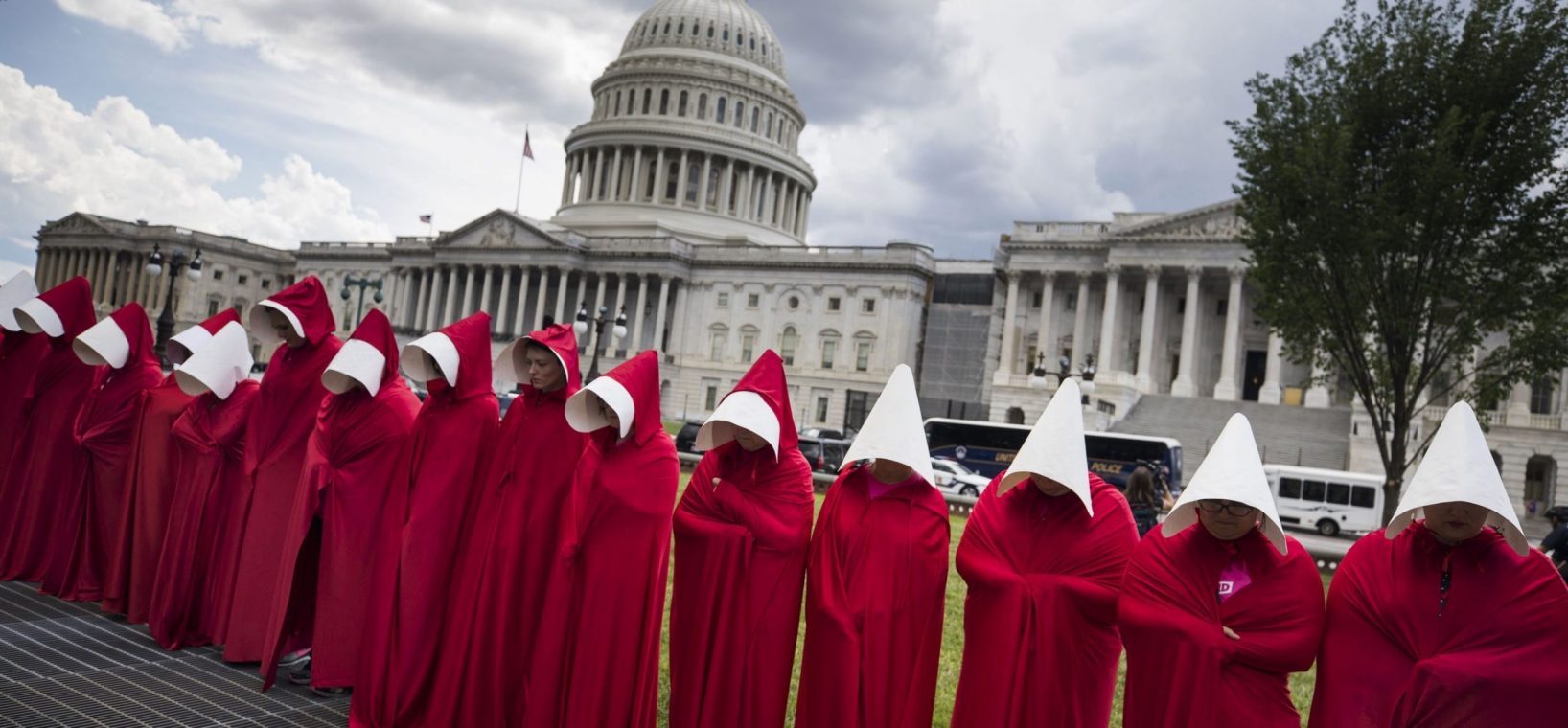International Cultural Studies Graduate Certificate Program
“Culture” is one of the most elusive concepts for understanding social life. It is often (mis)used to identify something that is said to be external or outside of power. Something that “just is,” akin to the air we breathe. Cultural Studies has revolutionized such understandings of culture by emphasizing that “culture” is not a singular, fixed, static, natural or eternal “way of life” but that, instead, culture is affected and reshaped by people’s participation in it. That is: culture is socially produced and culture is always political.
At the same time, Cultural Studies also posits that “culture” is not a possession of supposedly distinct, separate — and often separated — people. Culture is not something that can be automatically written onto or read off of our bodies or off the land we live on. Instead, all of us are active participants in the shared culture(s) we inhabit; although we do not all have the same power within it or the same power to affect it. Moreover, we are not all identified as “belonging” to the cultures we are an integral part of. Thus, a Cultural Studies approach regards culture not only as a socially produced way of life but also as a key aspect of political and social control.
At the same time, Cultural Studies scholarship also points to culture as the location of political criticism and action. Thus, culture is fluid and always in flux. In short, Cultural Studies seeks to understand how the meaning we give to our everyday social practices — and to our sense of self within these practices — is generated, disseminated and contested from within interconnected social, political and economic relations of power.
Image Description: A line of women stand somberly in protest in front of the U.S. Capitol building in Washington, D.C., dressed in red cloaks and winged bonnets inspired by Margaret Atwood’s novel The Handmaid’s Tale.

